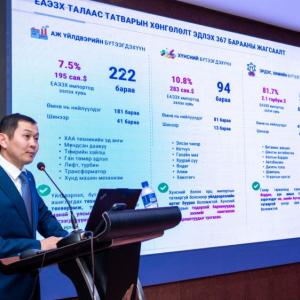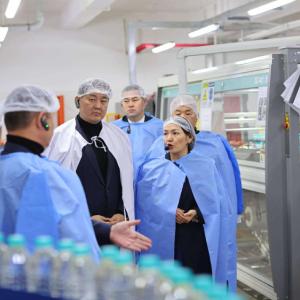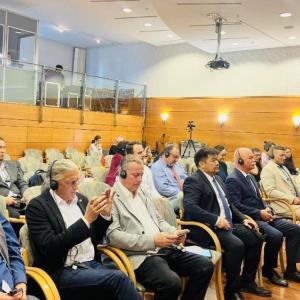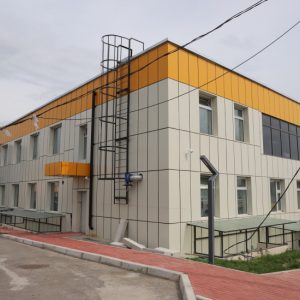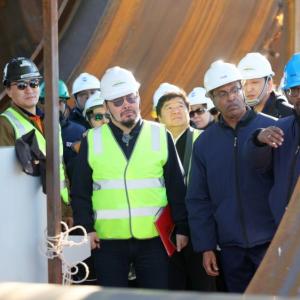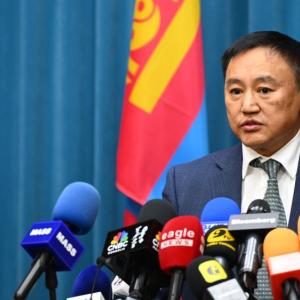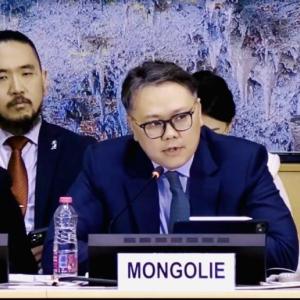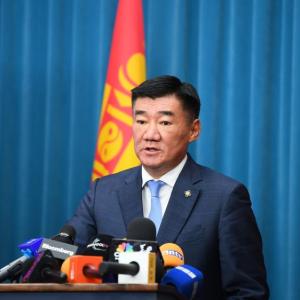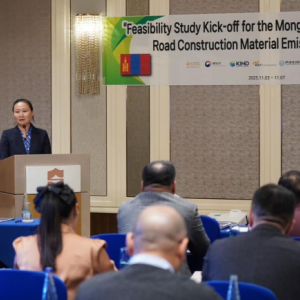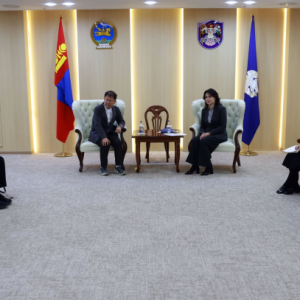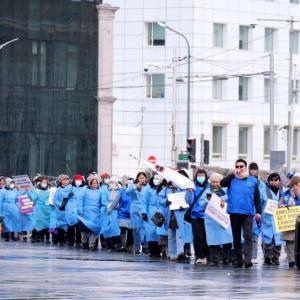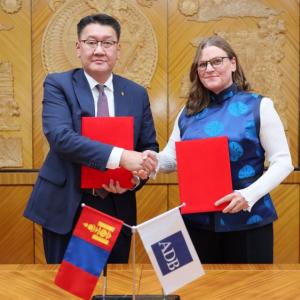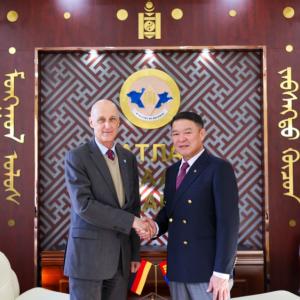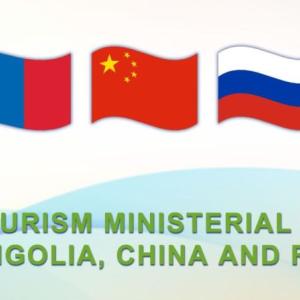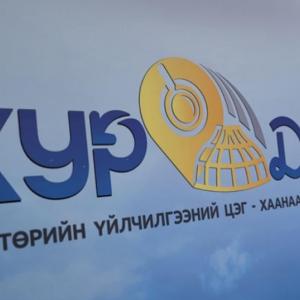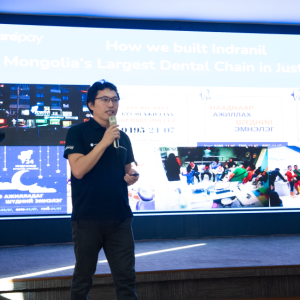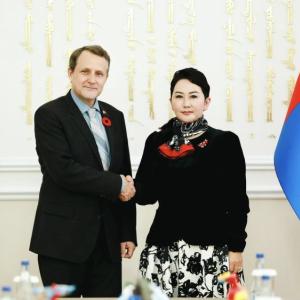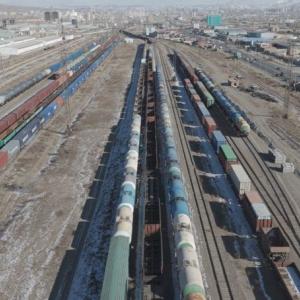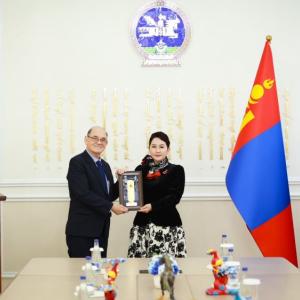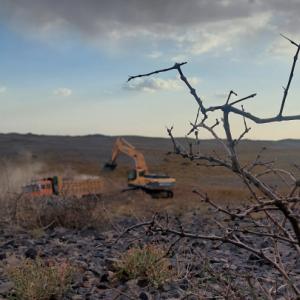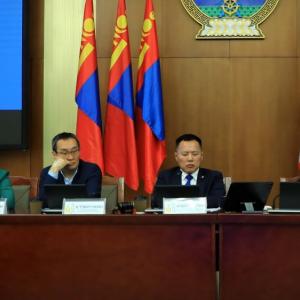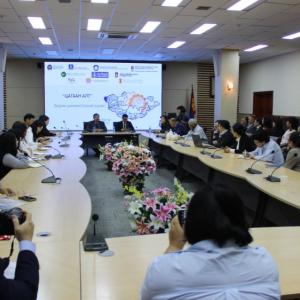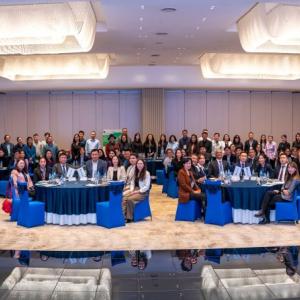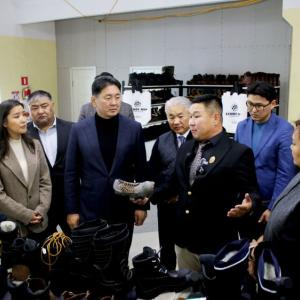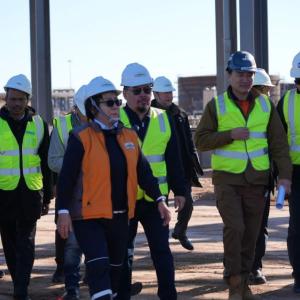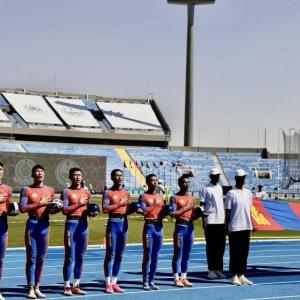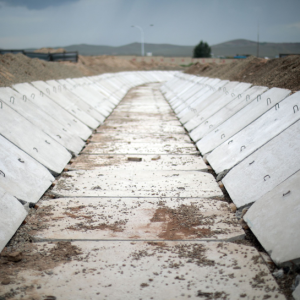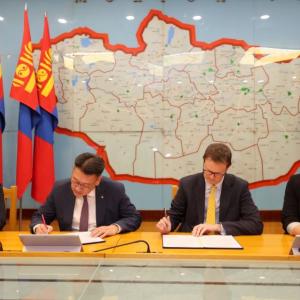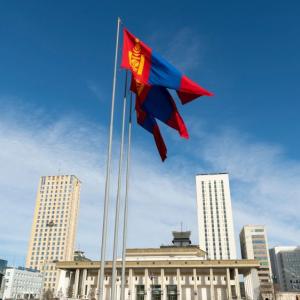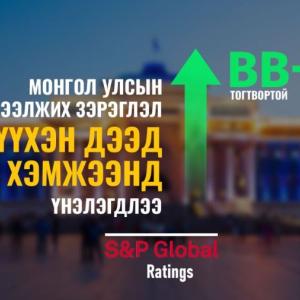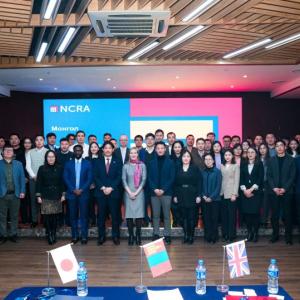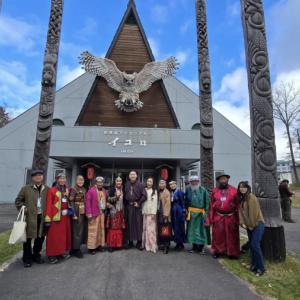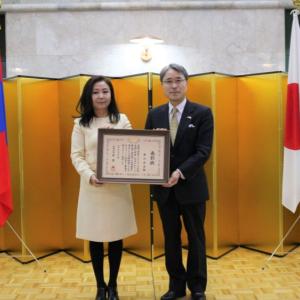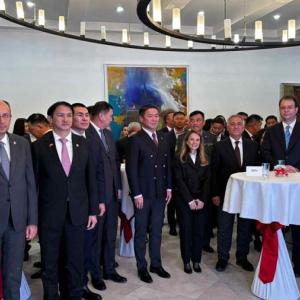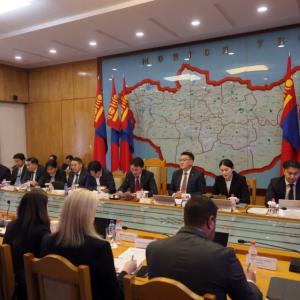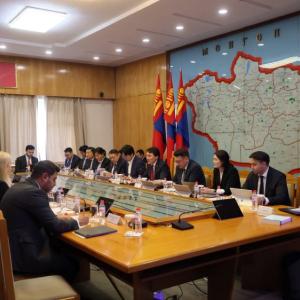OECD Anti-corruption Network: High level corruption is pervasive in Mongolia
The Mongol Messenger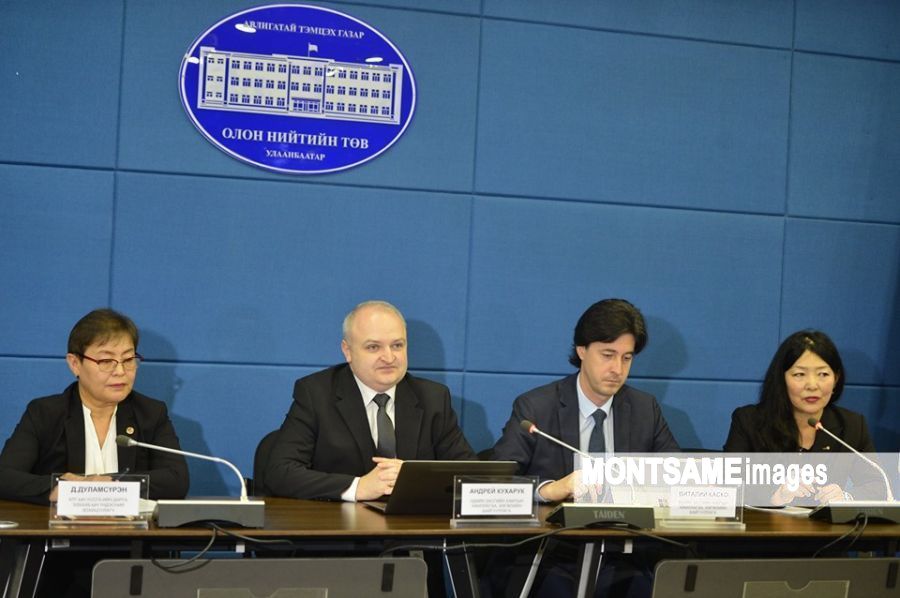
Ulaanbaatar /MONTSAME/ Petty
corruption has been gradually declining in Mongolia, but overall, corruption is
still widespread and high level corruption is pervasive in Mongolia, a report
of the Anti-Corruption Network for Eastern Europe and Central Asia says,
warning to take substantial measures to increase public servants’
accountability and ethics. The importance of confirmation of the officials’ tax
returns and the absence of the system of whistleblower protection is also
emphasized in the report.
On July 30, the
Anti-Corruption Network for Eastern Europe and Central Asia (ACN) of the Organisation
for Economic Co-operation and Development held a briefing about the report of 4th
round of monitoring of Mongolia under the Istanbul Anti-Corruption Action Plan.
Launched in
2003, the Istanbul Action Plan supports anti-corruption reforms in regional
countries through country reviews and continuous monitoring of participating
countries’ implementation of recommendations to assist in the implementation of
the UN Convention against Corruption and other international standards and best
practice. Mongolia
joined the Istanbul Action Plan in September 2012. The 4th round of monitoring
of Mongolia was launched in August 2018. The experts gathered information from
representatives of governmental and nongovernmental organizations and
bisunesspeople. The
report was adopted at the ACN/Istanbul Action Plan Plenary Meeting in Paris on
March 21, 2019.
The report
covers three main topics: Anti-corruption policy, Prevention of corruption,
Enforcement of criminal responsibility for corruption and specifically raises
the issue regarding political party financing. It also features 29
recommendations for the government of Mongolia. It was reported that only one
of the 19 third round monitoring
recommendations made in 2015 was fully implemented. The recommendation
regarding public financial control and audit has been fully compliant with,
five of the 19 have not been addressed, and the rest have been partially dealt
with, the report shows.
The Criminal
Code entered into force in 2017 introduced improvements in regulating bribery
and illicit enrichment offences. However, a number of international standards have
not yet been reflected in the Criminal Code, the report says. In general, it is
noted that leniency of the sanctions is giving an opportunity to avoid
conviction.
Independent
Expert Vitalii Kasko told which drew attention were the short statute of
limitations and too broad scope of immunities applied to extensive list of
public officials.
ACN Consultant
Andrii Kukharuk underlined that Mongolia has ensured the involvement of civil
society organisations in the development and implementation of national
anti-corruption policy and measures, however, disregarded the policy
implementation period and result evaluation. Also, even though it conducts
numerous corruption surveys and provides anti-corruption information, the
relevant organization does not ensure effective use of the results and include
those in its action plan, he said.
The
Independent Authority Against Corruption has continued and somewhat stepped up
its policy coordination and prevention work, however it lacked independence,
resources, and necessary support from state bodies to fully exercise its
mandate, the report says.
It also
notes that politicization of appointments is still there even with the new Law
on Civil Service, suggesting to give emphasis to competitiveness of civil
service salaries and ensure transparent and fair remuneration.
The experts
commended the launch of e-procurement system, however, cited that the applicability
of the public procurement law has not been widened, but instead, further public
sector entities have been excluded from the law. The contract value with those
selected from open competition has been receded and the Government has not
prioritized business integrity measures.
Mr. Vitalii
Kasko reported the independence of judges is not ensured and warned that
political bodies, especially the president, are involved and have significant
discretion in it. The
report highlights shortcomings in the procedure of the selection of judges and
calls on Mongolia to ensure merit-based appointment to judicial posts. Ensuring both external autonomy of
the Prosecutor’s Office and internal independence of prosecutors are the most
challenging issues for the Mongolian prosecution service, it says.
The report
recommends establishing a separate disciplinary body and consider establishing
an independent system of prosecutorial self-governance.
In the conclusion of the briefing, it was underscored that the financing of political parties remains to be poorly regulated, encouraging Mongolia to adopt a comprehensive legal framework on political party financing.
 Ulaanbaatar
Ulaanbaatar












